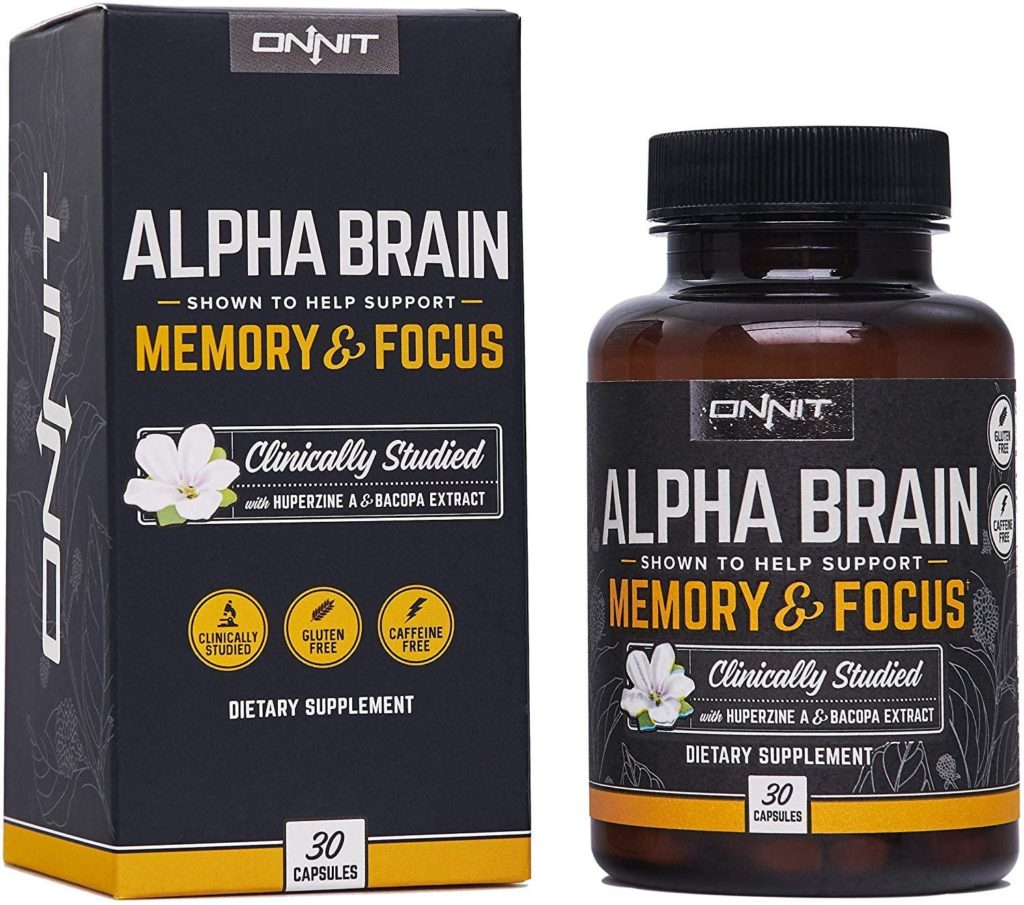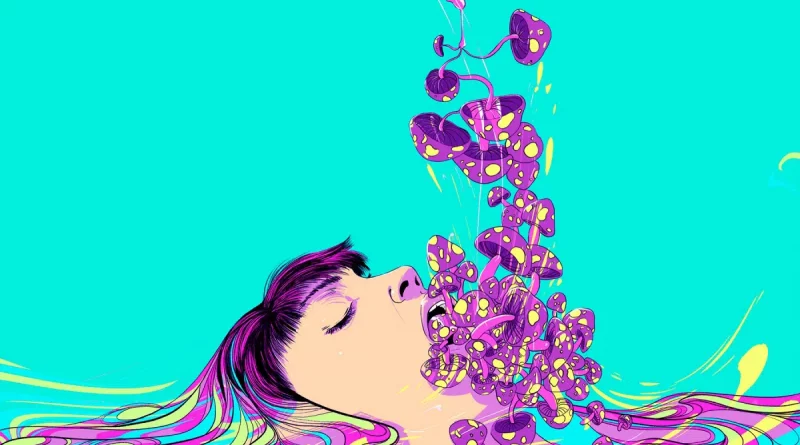Psilocybin for OCD
[Please note that this page contains affiliate links. If you choose to purchase after clicking a link, I may receive a commission at no extra cost to you.]
Magic mushrooms or psilocybin mushrooms have made a renaissance throughout Western society. Although for most of the world, psychedelics are still illegal, countries like Canada have relaxed some of the psychedelic laws, such as allowing people who are on their death bed to do psychedelics like psilocybin and LSD for anxiety relief from dying.
Magic mushrooms have been a critical part of personal growth, spiritual activities, and traditions throughout history.
A lot of research and studies are being done now to prove the validity of psilocybin becoming a potential treatment for a wide variety of mental health problems, such as OCD.
What is OCD?
Obsessive-compulsive disorder (OCD) is a psychological issue where individuals have persistent thoughts and persistent fears, making them act out compulsively.
There remains a lot of stigma around OCD, which may cause some to suffer in silence, where people choose not to get a diagnosis or ask for help. In addition, everyday life can be complicated to manage with people who suffer from OCD.
People will become preoccupied with negative reoccurring thoughts that cause compulsive, repetitive behaviours as compensation. Most obsessive thoughts are irrational and worrying, with no meaning behind their distractions. However, it can be very troublesome to many individuals, affecting their personal, friends and family, as well as their colleagues at work or school.

The simplest activities may seem arduous, such as driving, grocery shopping, interacting with other people and even just leaving the house.
OCD has a high co-morbidity with other mental health issues like anxiety and depression. The most common treatments for OCD are SSRIs (Selective Serotonin Reuptake Inhibitors) and Cognitive Behavioral Therapy (CBT).
These therapies can be helpful to an extent, except treatment can take a lot of time, and meds are not very effective at relieving symptoms. That is why researchers are looking into magic mushrooms or psilocybin, the active ingredient in shrooms, as an alternative. Perhaps it could be a safer alternative to modern medicine.
Psilocybin for OCD
Studies that use psilocybin for mental health issues go as far back as the 1950s. Research shows that magic mushrooms have promising effects and has great therapeutic potential.
Psilocybin for OCD works by letting psilocybin interact with our serotonin receptors found in the brain to help regulate the brain regions involved in OCD. Mushrooms can aid in the brain’s functionality by changing the connection between the various brain regions.
This type of brain rewiring may help dissolve thoughts of obsessiveness and compulsion, allowing people to stay calmer and more relaxed.
People’s spiritual experience when on psilocybin may help improve their OCD symptoms, enlighten the person, decrease stress levels, and improve their overall well-being.
Mushroom Therapy in Research
There is still a lot of necessary research needed for psilocybin therapy for its effects on mental health. Magic Mushrooms, along with other hallucinogens, are still figuring out proper dosages to give the best treatment possible. Nevertheless, studies thus far seem very promising, with most volunteers rating their experience as beneficial for their everyday lives.
There is starting to be a shift in the paradigm of how psilocybin is viewed through the scientific and medical lenses. If magic mushrooms continue to exhibit effective and safe results, they can quickly develop new therapies and medicines like psilocybin for OCD sufferers.

